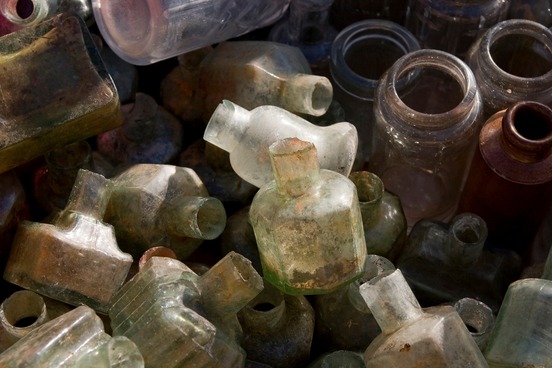
Fiasco
The story here involves the original Italian word fiasco, which means "glass bottle."
According to one theory, when Venetian glassblowers realized a beautiful piece was flawed, they turned it into an ordinary bottle.
When that happened, a would-be work of art was downgraded into a mere fiasco - which is, according to the theory, how that word came to mean "complete failure."

Eavesdrop
Originally this word had nothing to do with snooping.
Eavesdrop started off literally: first it referred to the water that fell from the eaves of a house, then it came to mean the ground where that water fell.
Eventually, eavesdropper described someone who stood within the eavesdrop of a house to overhear a conversation inside.
Over time, the word obtained its current meaning: "to listen secretly to what is said in private."
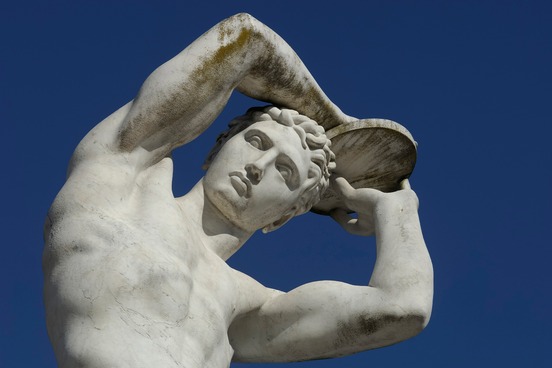
Muscle
Imagine a statue in ancient Rome. Its muscles, to an audience of that time, may have suggested something very different from what they do today.
Muscle comes from the Latin musculus, which means "little mouse."
Why? Probably because a flexed muscle (a bicep, for example) was thought to resemble a mouse - with a tendon for a tail - moving beneath the skin.
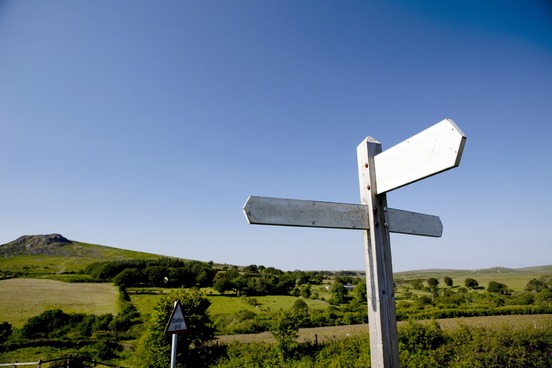
Trivia
In ancient Rome, a trivium was an intersection of three roads (tri, "three" + vium, road).
When people met at a trivium, what did they tend to do? According to the Romans, they would shoot the breeze and discuss trivialis ("inconsequential things") - which eventually helped give trivia its modern meaning.
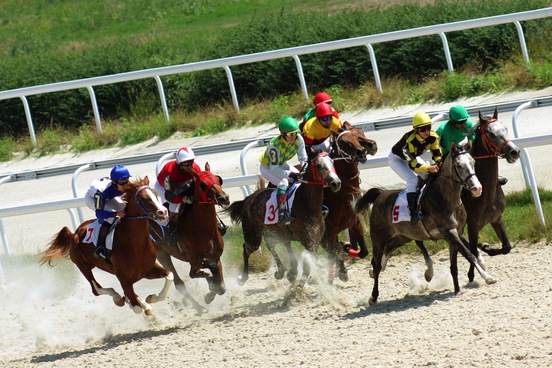
Handicap
This story begins more than 400 years ago with a technique called "hand in cap" - which was a method for bartering items of unequal value.
As part of that transaction, an umpire would propose a sum of money that the person with the more valuable item should receive to make the deal fair. At that point, the two barterers would deposit money into a hat, reach into it, and then withdraw their hands either holding money or not to indicate whether they accepted the terms of the deal.
By the late 17th century, the word had morphed a bit, and the concept of making a lopsided contest more equitable was being used at the racetrack. Horses were handicapped - given additional weight - before the race.
From there, the word developed its more recent sense: "a disadvantage that makes achievement unusually difficult."
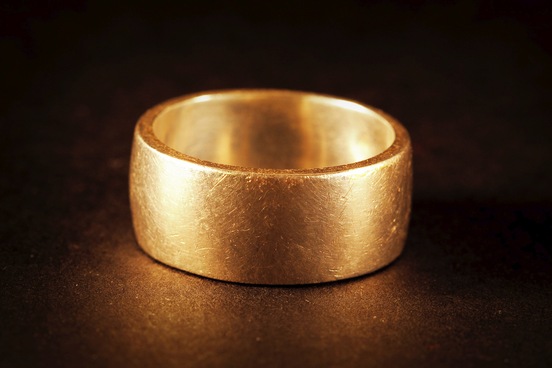
Phony
Consider an old British scam involving something that glittered but was not gold.
Here's how it worked:
A con man would gild a brass ring to disguise it as gold, surreptitiously drop it, and then run to pick it up at the same time that an unsuspecting passerby noticed it on the ground.
The scammer would then propose that the found treasure should be split between them. The one who'd "found" the ring, convinced now of its value, would choose instead to keep the ring and pay the con artist some amount of money. That amount, of course, was a bargain for gold but a high price for brass.
That ring was called the fawney. Its fakeness probably gave us phony.

Bedlam
England's first asylum for the mentally ill was The Hospital of St. Mary of Bethlehem.
In the 16th century, Bethlehem was shortened to Bedlam, and its inmates were dubbed "bedlams."
By the late 17th century, bedlam was being applied to a scene of wild uproar or confusion, and in the decades that followed visiting the hospital became a source of amusement for some wealthy people.

Avocado
In pre-Columbian times, this fruit was considered an aphrodisiac.
For this reason, one Aztec language named it āhuacatl.
Āhuacatl is short for āhuacacuahuitl, which means "testicle tree" (āhuacatl "testicle" + cuahuitl "tree").

Slapstick
Why are physical comedies often described as "slapstick"?
Because actual "slapsticks" - sticks used for slapping - were used by the comedians of 16th century Italy.
From the definition of slapstick in Merriam-Webster's Unabridged dictionary:
1 : a device consisting of two flat pieces of wood fastened together at one end but loose at the other and sometimes used by an actor in farce to make a loud noise in simulation of a severe blow
2 : comedy that depends for its effect on fast, boisterous, and zany physical activity and horseplay (such as the throwing of pies, the whacking of posteriors with a slapstick, chases, mugging)
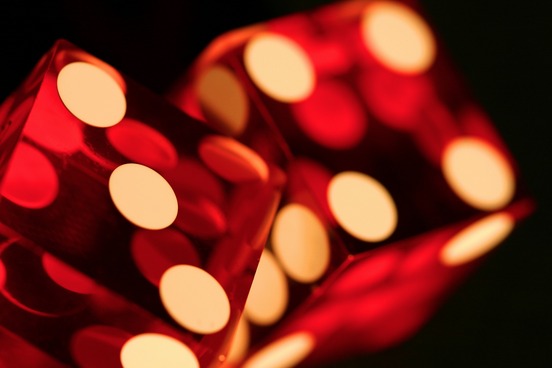
Hazard
This word dates to the time of the Crusaders and involves a game of chance.
According to the most likely theory, the original hazard ("al-zahr," in Arabic) was a die. Players would roll the dice and bet on the outcome.
English got the word from French, and in English hazard eventually came to mean any chance, risk, or source of danger.





